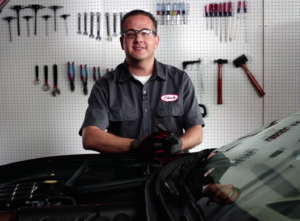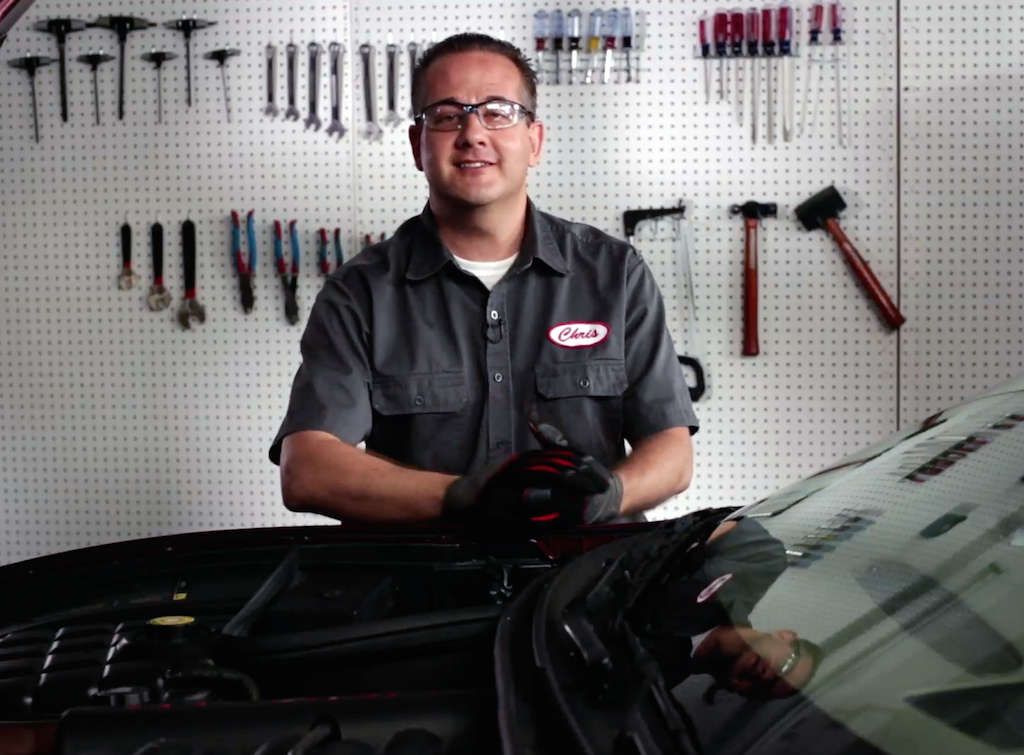 Taking your car to a professional mechanic can end up costing you hundreds of dollars and eat away at your savings. Most people don’t realize that you can do repairs and maintenance to your car yourself, saving time and money. To avoid unnecessary expenditures, here are some tools you need in your toolbox to be an at-home mechanic.
Taking your car to a professional mechanic can end up costing you hundreds of dollars and eat away at your savings. Most people don’t realize that you can do repairs and maintenance to your car yourself, saving time and money. To avoid unnecessary expenditures, here are some tools you need in your toolbox to be an at-home mechanic.
Everyone should know how to replace a tire and check your oil, but people don’t realize just how easy it is to fix simple problems with your car and save yourself a trip to the shop. All you need is a little instruction and a chest with the necessary tools.
1. Adjustable Wrench. Also commonly referred to as a “Crescent Wrench,” which is a brand name. Works in a pinch when you don’t have a complete socket set. You can even keep one in your glove box.
2. Standard and Metric Socket Set. Used for just about every job, make sure you have the most complete set of sockets you can afford, along with a ratchet and small to long extensions. You don’t need to get 1/2 inch sockets unless your budget allows, but definitely pick up 1/4 inch and 3/8 inch socket sets.
3. Screwdrivers. “One size fits all” doesn’t always work here, because you don’t want to strip the heads of those fasteners. Get the most complete set of Phillips and flat-head screwdrivers you can find, and get some short ones too. These aren’t expensive, especially if you buy a pack of them.
4. Cordless Drill Driver. There’s nothing more time consuming and frustrating than having to wrench! Pick up a few socket adapters for your 1/4 inch and 3/8 inch sockets, too.
5. Needle-nose Pliers. You will always need to grip something, especially in tight spots. While it’s great to have regular pliers around, the needle-nose is most useful.
6. Pry bars. Get a few at different lengths. Having some extra leverage is always a good idea when you can’t get something to budge!
7. Breaker bar. Some bolts just don’t want to move, no matter how hard you try. When you need the extra torque, use a breaker bar. Many times even power tools won’t work when a breaker bar will.
8. Torque wrench. Once you’ve removed parts, you need to make sure you put them back on per the manufacturer’s recommended torque specification. This is a required tool for those lug nuts, too.
9. Hammers. Every tool chest should have a rubber mallet. It’s the ultimate persuasion device. Unless you’re a carpenter, a regular claw hammer won’t do you much good, so keep that in the house for hanging your pictures. Get a ball peen hammer, which is more applicable to automotive work.
10. Work gloves. Get a good pair that fits your hands right. They’ll save you from bloody knuckles, torn skin, metal splinters, and more.
Keeping these tools within reach allows you to be able to do minor repairs or improvements on your vehicle yourself, saving you money in the long run. With these tools at hand, you can practically avoid the car shop altogether and become a home mechanic.

Discover more from Chris Duke
Subscribe to get the latest posts sent to your email.

Leave a Reply